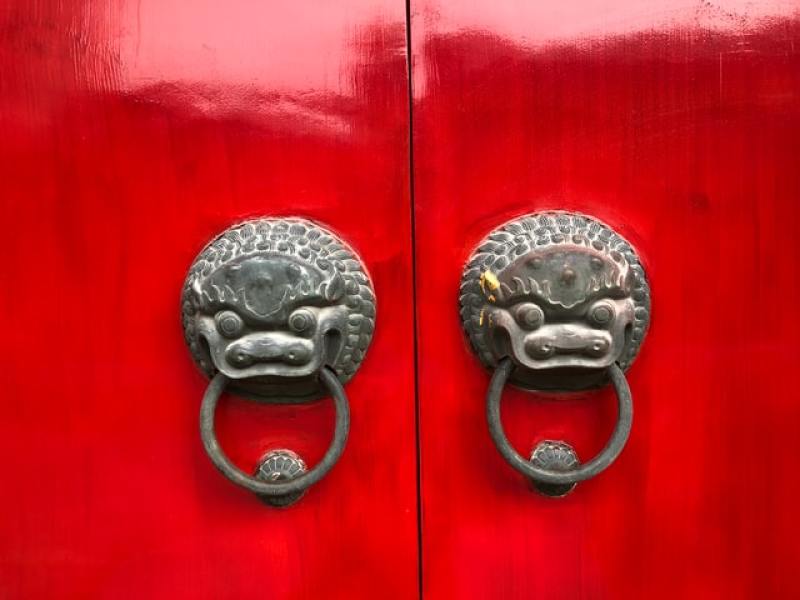
An independent review panel based in Switzerland criticizes both China and the World Health Organization for their slow response at the onset of the COVID-19 outbreak.
The Independent Panel for Pandemic Preparedness and Responsewas led by former Liberian President Ellen Johnson Sirleaf and former New Zealand Prime Minister Helen Clark. They pointed out the "lost opportunities" where there should have been basic public health measures put up by the government.
"What is clear to the panel is that public health measures could have been applied more forcefully by local and national health authorities in China in January," they said.
The panel's report also questioned why the W.H.O. did not act quickly to address a potential global health crisis. The emergency committee only convened on Jan. 22, 2020.
"It is not clear why the committee did not meet until the third week of January, nor is it clear why it was unable to agree on the (PHEIC) declaration... when it was first convened," the independent panel's report said.
Based on the panel's evaluation of the health crisis in China, they conclude that "there was potential for early signs to have been acted on more rapidly."
They added that containment measures should have been enforced on all countries where there's a high possibility of transmission. They said that "many countries took minimal action to prevent the spread (of COVID-19) internally and internationally."
In response to the panel's review that China's government acted slowly, Foreign Ministry spokesperson Hua Chunying pointed out that Wuhan was put on lockdown within three weeks from when the first cases of the coronavirus were identified.
"As the first country to sound the global alarm against the epidemic, China made immediate and decisive decisions," she said.
"All countries, not only China, but also the U.S., the U.K., Japan or any other countries, should all try to do better," China's spokesperson added.
China's health authorities state that the first cases in Wuhan were determined in November 2019 and finally reported to W.H.O. on December 31.
On Jan. 23, 2020, Wuhan was officially put on a lockdown. Nonetheless, the virus has quickly spread not just to China's neighbor countries in the east but broadly infected countries in the west including the United States.
On Jan. 22, the W.H.O. retracted the post promoted via Twitter that there was "no clear evidence of human-to-human transmission" based on China's initial claim.
On Jan. 30, W.H.O finally declared a global health emergency against the coronavirus.
On March 11, W.H.O officially called the COVID-19 outbreak a "pandemic." This was questioned by the panel wondering "whether it would have helped if W.H.O. used the word pandemic earlier than it did."
"The bottom line is W.H.O. has no powers to enforce anything. All it can do is ask to be invited in," says Johnson Sirleaf at a press briefing on Tuesday.
A year after COVID-19 was first detected in Wuhan, China, experts concluded that the virus caused more than 2 million deaths and over 100 million infections.
"In retrospect, it is clear that the volume of infections in the early period of the epidemic in all countries was higher than reported," says the independent panel's report.
According to a recent study conducted by scholars and scientists from Wuhan University, the number of actual infections are way higher than the number reported by Chinese authorities.































